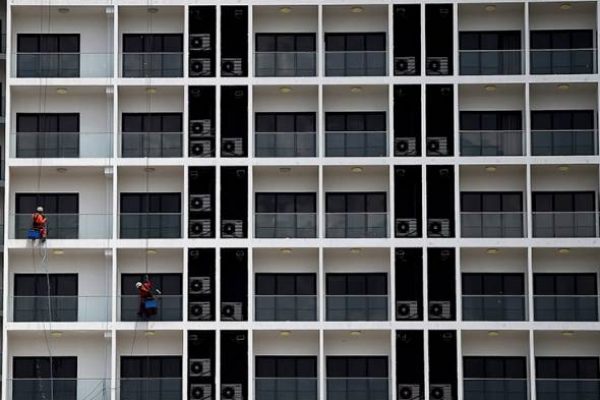Malaysia needs to ramp up its supply of affordable housing and ensure that the selection procedures are coherent and transparent.
Research for Social Advancement (REFSA) researcher Lillian Wee said the Covid-19 pandemic has magnified the deficiencies and divide of Malaysia’s housing affordability crisis, but it has created a unique chance to rethink, replan, and redesign key policies that will shape the future of the people’s livelihoods.
“When the outcome of a skewed property market are locked-down cities filled with homeless people, a stalled economy and most devastatingly of all, the loss of homes, basic amenities and essentially, lives, we can no longer afford to wait. Now is the time to take action,” she said in a statement today.
According to the statement, in 1990, the price of the average home was equivalent to about 4.7 years of per capita income, and today it has nearly doubled to 9.5 years.
Between 1990 and 2019, the average home prices have increased 5.6 times, or a 460% capital appreciation.
In contrast, real gross domestic product (GDP) per capita income has grown by only 2.8 times, or 180%.
In the midst of all these, the availability of low-cost housing is sluggish at best.
Of a total of 117,766 new housing units built in 2020, only 14,094 units or 12% are low-cost, or priced below RM400,000.
“This figure fails to meet the National Affordable Housing Council’s target of building 100,000 units of low-cost housing annually,” said REFSA.
Meanwhile, on the flip side, 13,622 overhang units across Malaysia are priced above RM500,000.
Wee also highlighted that the rental market’s regulation needs to be improved and protected to balance the legal power between the landlord and the tenant.
“As it stands, renting is generally much less secure; many tenants are restrained from making their house their home and tenants miss out on the tax and welfare benefits of homeownership.
“In this light, government and policymakers should consider protective measures such as removing ‘no-grounds’ evictions, extending minimum notice periods and creating a different regime for long-term leases,” she said.
For those who are already homeless or live in overcrowded homes, Wee said temporary emergency accommodations with basic hygiene facilities should be provided.
This goal can be accomplished by leveraging and converting under-utilised private buildings such as abandoned shopping malls and hotels, and repurposing community assets like schools and community centres that are currently closed as short-term solutions for the urban poor or homeless people.
-Published in Astro AWANI and Edge Prop on 16 August 2021, Daily Express on 17 August 2021. For News in Malay: Utusan Malaysia and BERNAMA.

